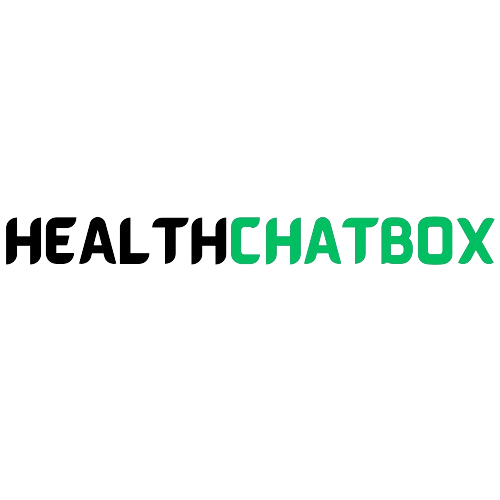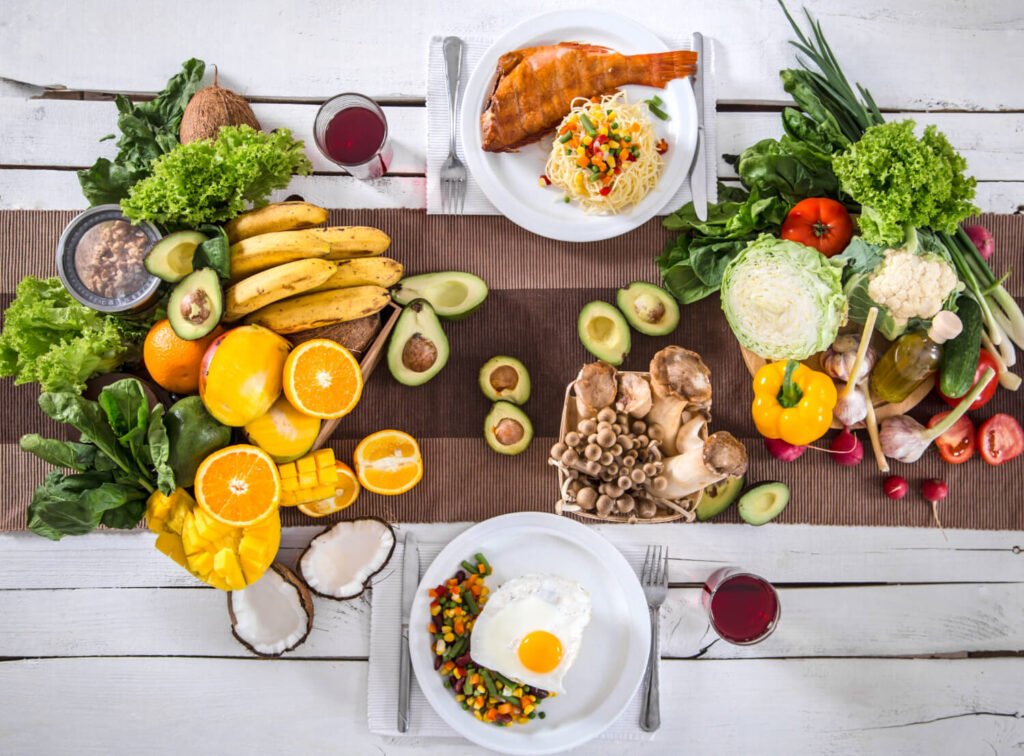The Menstrual Food Guide: What to Eat and What to Avoid for a Smooth
Menstruation is an important time for every woman. During these 3 to 7 days each month, a significant amount of blood is discharged from the body, which can result in a deficiency of various nutrients, including iron. Additionally, many people experience symptoms such as nausea, vomiting, diarrhea, headache, and abdominal pain. Therefore, special attention needs to be paid to nutrition during the menstrual period. Otherwise, the body may lack essential nutrients, leading to various physical problems. In today’s feature, I’ll go into great detail on what we should eat when we’re menstruating.
What to eat while menstruating?
Water
Drink plenty of water every day. However, it is essential during periods. During menstruation, a lot of water is lost from the body. Consequently, it is essential for keeping the body’s hydration levels. Dehydration can cause headaches.
Iron-rich foods
During periods, the amount of iron in the body decreases. Iron deficiency leads to body aches, fatigue, dizziness, etc. Therefore, one must include iron-rich foods in the diet to prevent iron deficiency during menstruation. You can eat meat, poultry, fish, beans, lentils, tofu, spinach, and fortified cereals to compensate for the lack of iron in the body. Red meat without fat can be included in the diet to prevent anemia.
Fruits
You can eat water-rich fruits like watermelon, cucumber, and apples that will keep you hydrated. In addition, fruit is rich in vitamin C, which is very useful for the body. Vitamin C is necessary for the proper absorption and functioning of iron in the body. Kiwi, strawberries, guava, pineapple, mango, papaya, grapefruit, cantaloupe, and lemon are rich in vitamin C. During this time, many people tend to eat sweets, so you can eat fruits that are sweet to eat, which will reduce the craving for excess sweets. Banana is a very good source of potassium and vitamins, which is very important for you during menstruation. Because it will help you relieve stress. You need to include bananas in your diet plan.
Green vegetables
Along with other foods during periods, it is important to have fiber-rich foods, as they keep bowel movements regular and improve digestion. Green leafy vegetables are rich in iron and Vitamin B, which help in digestion.A well-digested diet is an essential condition to stay healthy during the menstruation period, so include green vegetables in your daily diet.
Ginger tea
A cup of ginger tea can help reduce the symptoms of periods. Ginger helps in relieving vomiting. But don’t consume too much. Consuming more than 4 grams of ginger in a day can cause abdominal pain.
Dark chocolate
Dark chocolate also works well to eliminate iron deficiency during periods. The magnesium in dark chocolate feeds the brain, which can help reduce cramps and pain during menstruation. Also, the serotonin in dark chocolate will keep the mind happy, which will help improve the state of mind during menstruation.
Yogurt
Yogurt can be a helpful food during menstruation. It contains probiotics, which are good for your gut health and digestive system. Yogurt also contains calcium and vitamin D, both of which are essential during the menstrual cycle. Many women have an infection before or after menopause. If you have a yeast infection during your period, you should include probiotic-rich foods like yogurt in your diet. However, some women may get flatulence and diarrhea after eating yogurt and milk. You should not consume yogurt if you have these problems. Other food products may be helpful for them, such as saucer substitutes, sabudana milk products, or probiotic supplements.
Add meals high in protein and calcium to your diet as well. Include protein-rich foods like meat, fish, eggs, and milk in your diet. Protein controls blood sugar in the body and reduces the tendency to eat sweet foods. You can add vitamin B12 and B6 foods such as broccoli, corn, eggs, walnuts, chia seeds, etc., to your diet. This will help prevent mood swings during periods.
Foods To Avoid During Pregnancy
Salty Food
It is impossible to eat food without salt. But it is also important to know that salt increases water in the body. In particular, high-salt foods during and near the season can increase pain and cause swelling in the body. Consequently, limiting sodium consumption during these days of the month is critical.
Fatty Foods
Do not eat greasy or fatty foods. Because during this time, some hormonal changes occur, and weight increases a little. Consuming fatty or oily foods can lead to weight gain.
Sugar
It is normal for the body to need sugar at this time. But it’s also important to keep your blood sugar under control. Do not eat spicy food. This can cause a change in blood sugar levels. Anxiety and changes in mood may result from it. Sugar increases pain. It is good to eat honey to satisfy the need for sweetness.
Coffee
Coffee should not be consumed during the menstrual cycle as it causes stress or ill effects on your health and menstrual cycle due to its high caffeine and stimulant effects. During menstruation, caffeine causes the muscles of the uterus to contract. This causes pain and discomfort. Caffeine in coffee can cause stomach pain or acidity in many people, chest pain, and difficulty sleeping.
Dairy Foods
Steer clear of dairy products like ice cream, milk, and cheese. This leads to indigestion and stomach pain. Dairy: Lactose intolerance is a common problem. These meals make you bloated. They contain omega fatty acids called arachidonic acid, which can lead to digestive issues and stomach pain. Milk and dairy products are responsible for this.

